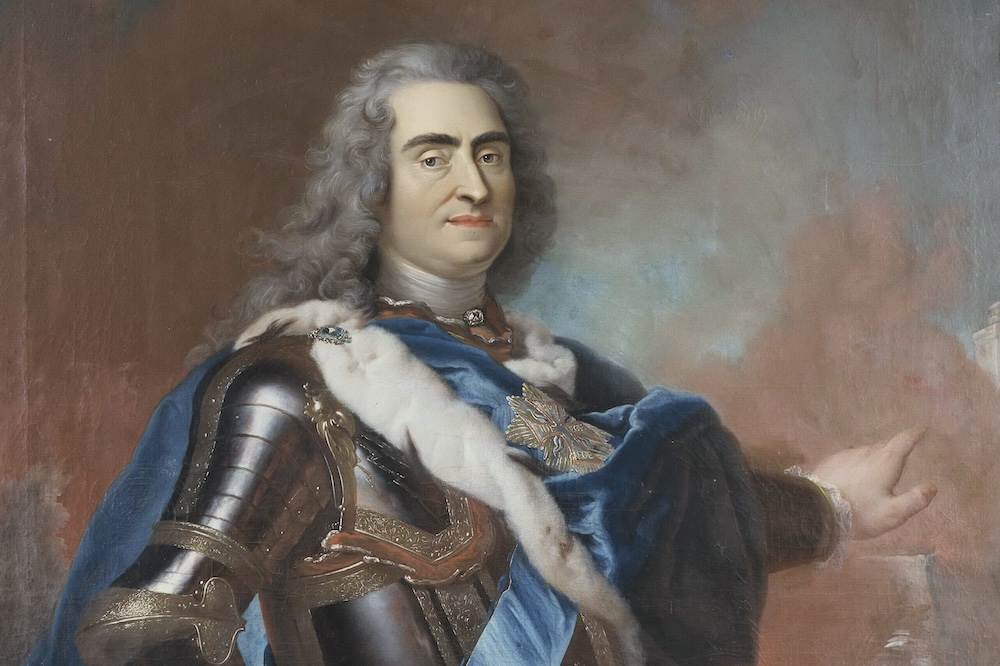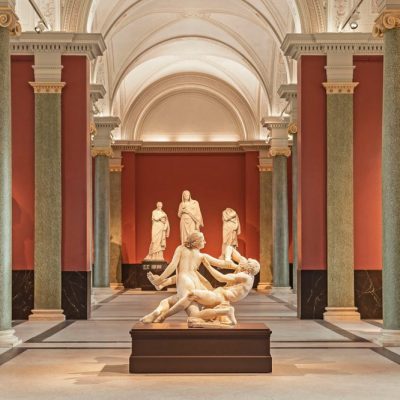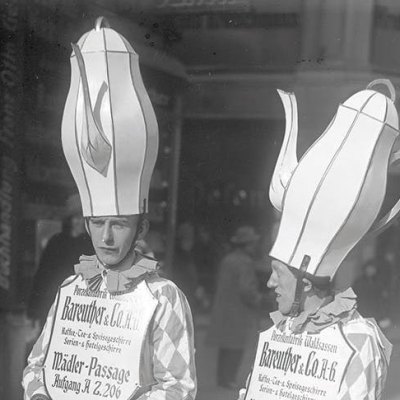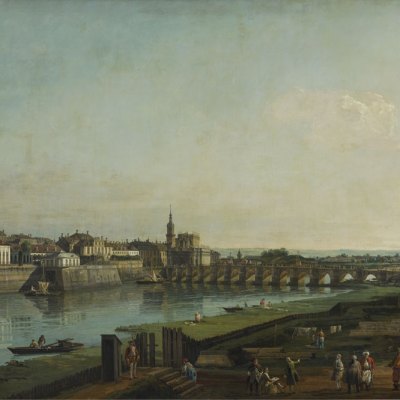This review of Augustus the Strong: A Study in Artistic Greatness and Political Fiasco by Tim Blanning appears in the January 2025 issue of Apollo. Preview and subscribe here.
It takes a multi-talented, multi-lingual and jovially forbearing historian to take on the biography of Augustus the Strong, the mercurial, priapic and luxury-loving Elector of Saxony (1694–1733) and sometime King of Poland (1697–1706; 1709–33). Augustus’s story is riddled with complexities. He was the fabulously wealthy ruler of two very different states: Saxony – Protestant, densely populated, literate and commercially advanced; and Poland – Catholic, rural and dominated by a large number of major and minor nobles (szlachta) and warlords (hetmen). He adored jewels, music, fancy clothing and lavish parties, but spent most of his time and money engaging in warfare, chiefly to retain his Polish territories. He has not been well served to date by historians, who have blamed him either for bankrupting Saxony (which he did), or for preparing the way for the Polish partitions of the later 18th century – in which he had a great deal of help, not least from the Poles themselves.
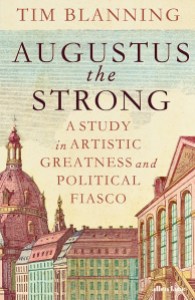
In Tim Blanning, however, Augustus has found his ideal biographer, a scholar capable of reading Polish and Russian, of writing insightfully about early modern warfare, of elucidating the snarled and self-aggrandising schemes of the Polish nobles, bishops and warlords, and of appreciating the Elector-King’s cultural contributions. Blanning’s book is beautifully and accessibly written, with just the right touch of the screwball comedy. Like Augustus himself, the book brims with vitality, while also making a convincing case about the Elector’s real forte: cultural patronage.
The book opens with an account of Augustus’s father and brother and their mistresses. But military conflicts soon take centre stage, first with the Ottomans and then, over a much longer duration, with the Swedes. The book plunges into Augustus’s embroilment in Polish politics and, consequently, the long and insanely complicated Great Northern War (1700–21). Blanning makes a convincing case that Augustus would have been far better off had he not thrown his hat into the Polish ring and succeeded, thanks to a last-minute, carefully orchestrated barrage of bribes, in being elected king in 1697. This required selling off valuable Saxon assets, including the Duchy of Lauenburg, and pawning the Saxon Crown Jewels. But, as Blanning says, ‘Where there was an Augustan will, a way could be found.’
Even after his election, however, Augustus never earned the trust of his Polish subjects, and ever more cash was needed for further emoluments and intrigues. Blanning shows how the combination of the Polish nobility’s fanatical commitment to their Golden Liberty and the endless warfare and ill-intentioned meddling of Poland’s neighbours made it impossible for Augustus to institute the absolutist reforms that might have helped to modernise Poland. Instead, he poured endless treasure, time and other people’s blood into this Central European sinkhole.
The palatial hunting-lodge of Moritzburg was transformed between 1723 and 1733. Photo: Carsten Pietzsch/Wikimedia Commons.
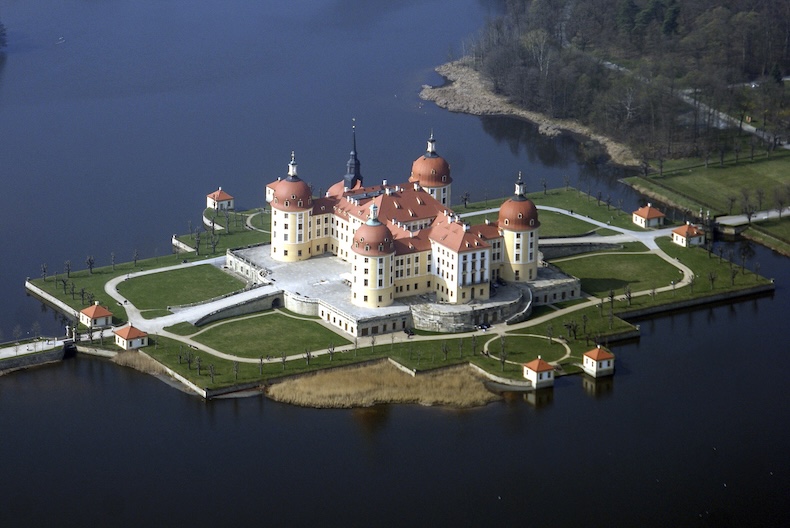
Warfare in and around Poland takes up the lion’s share of this book. Augustus was not very good at war, Blanning demonstrates, but he also had the bad luck of being surrounded by ruthless antagonists determined, once the Ottoman threat subsided, to beggar their neighbours. The bellicose antics of Charles XII of Sweden proved to be so consequential for Poland-Lithuania and, by extension, Saxony that Blanning’s book becomes almost a biography of that unhinged berserker as well. This gives the author the opportunity to tell many mad and gruesome stories about this mercurial prince. That Charles exhibited a strong sadistic streak – and seems not to have given a fig for women, music, urban development, shoe buckles, or porcelain, unlike his rival – makes Augustus seem a much more appealing ruler by comparison.
He had wonderful if extravagant taste in courtesans, fashion, music, jewelled novelties, architecture and spectacle. He was adept in his appointment of administrators and artistic directors, and a large cadre of Saxon jewellers, fox-trappers, float-builders, oboe makers and marzipan sculptors must have been enriched by his custom. All of this was self-indulgence, to be sure, but it was also sophisticated representational politics, as Blanning shows.
Portrait of Augustus II of Poland, Elector of Saxony (c. 1720), Louis de Silvestre. Nationalmuseum, Stockholm.
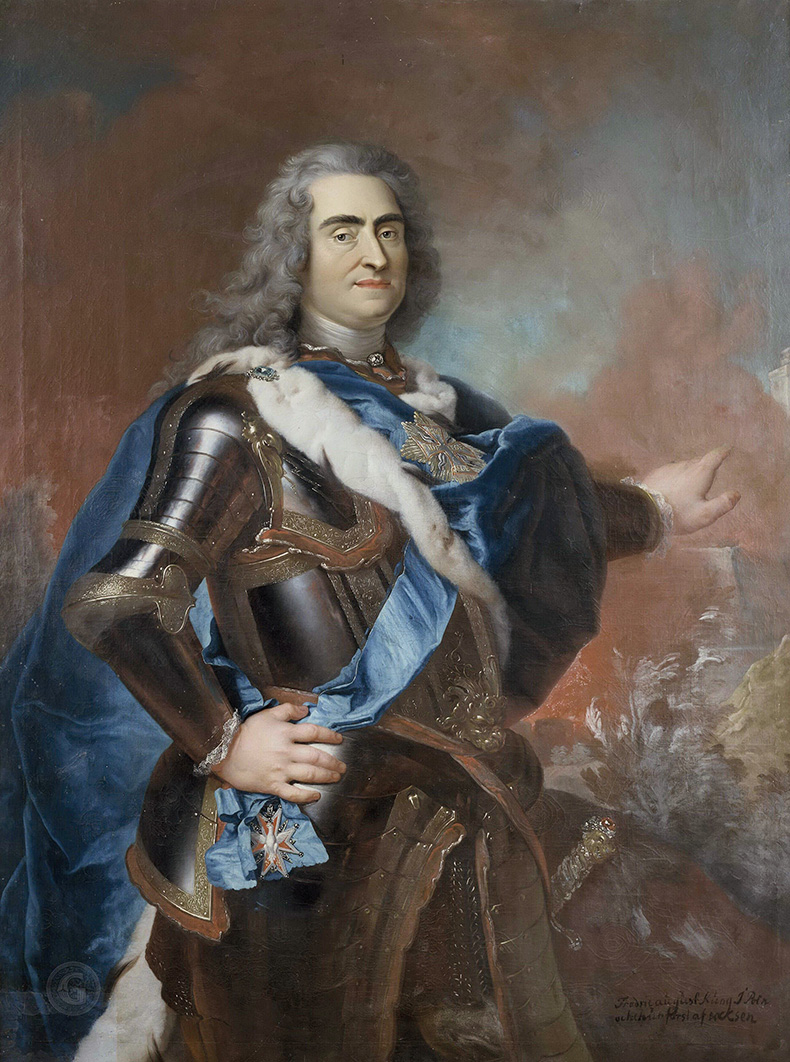
Augustus was a great patron of artists, musicians and porcelain-makers. But he exerted his artistry perhaps most openly and memorably in the extravagant festivities he organised and enjoyed almost to the point of addiction. Blanning is at his most witty and vivid in describing Augustus’s unthinking cruelty to animals, his passion for fox-tossing and pig-sticking, and the sickening sport of ‘water hunting’, in which courtiers on boats and the banks of the Elbe happily shot at animals forced into the water. Another entertainment featured driving game over camouflaged cliffs, for the delight of seeing the animals’ terror as they fell to their deaths. Nauseating in a different way are Blanning’s descriptions of Augustus’s lavish revels, including the nuptials staged for his son and heir in 1719. The jewels on Augustus’s costume at just one of the related events equalled the value of 25 per cent of Saxony’s annual budget. Blanning describes the absurdity of this baroque extravagance, while also reminding us of its role in projecting absolute power.
The story of Augustus’s cultural work in Saxony, and its consequences for that already dynamic economy, could be told at greater length. We don’t really see his mercantile or religious policies in action. But that is fair enough. It has been rightly said, including by Blanning himself, that absolutism was a machine for war – and undoubtedly most of Augustus’s life was taken up with military affairs and the sanity-endangering Polish Question. One wonders what he might have accomplished had he stayed at home.
From the January 2025 issue of Apollo. Preview and subscribe here.
